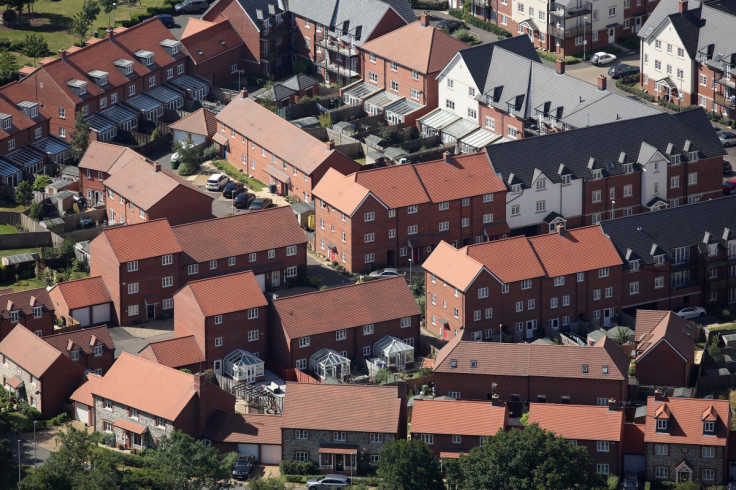London housing crisis: Give mayor power to seize commercial property for new homes, says report

To solve London's housing crisis the government must arm the city's mayor with tough new powers to seize under-used commercial property from its owners for a "reasonable, but not excessive" fee so homes can be built on the land, says a report by the Policy Exchange think tank.
Doing this would free up enough commercial land for residential development to see 420,000 new homes built in London over two decades, most of which should be for private rent or shared ownership, said the report, called The Homes London Needs. There are 196,000 hectares of land in London used for non-residential purposes, said the report, and if just 1% was freed up for development it would be enough for 250,000 homes.
House prices and rents in London have grown rapidly in recent years because of intense demand and a serious shortage of supply. The ONS said the average London house price had reached £536,000 in December 2015, a 90% rise over a decade. As a result, many would-be first-time buyers are shut out of the property market, creating more pressure in the private rented sector. Social housing waiting lists in the city are overflowing with people struggling to afford private rents, a problem worsened by the government's benefit cuts. House building in the city is running at around half the 50,000 new homes it is estimated to need every year to meet demand.
"Central government should support the next Mayor of London to take a more proactive role in housing delivery, providing the essential ingredients to build new homes -- land for housing and upfront 'pump-primed' investment funding," said the report, authored by Jamie Ratcliff, assistant director for housing and land at the Greater London Authority, who wrote it in a personal capacity.
"The Mayor should be given a new power to quickly requisition disused or under-utilised commercial land and property for the purpose of building new housing, with reasonable (but not excessive) compensation. Government would then work in partnership with long-term investors, such as private pension funds, and/or local authority pension funds and insurance companies, and contribute to a joint equity funding venture. This would pay for (i) the land acquisition and the preparation of the sites for redevelopment, possibly even providing 'readymade' land for housing and (ii) the rapid delivery on these sites of new homes - a mixture of build for rent and 'part buy part rent' (shared ownership), using off-site manufacture techniques."
It would cost the government £62bn spread over 20 years, but it stands to make most of that back, Ratcliff said: "Assuming that the government share in the homes is sold to the private equity fund investors four years after they have been built (on average), the ongoing returns from sales of homes would mean that the peak cumulative funding requirement would not be the £62bn mentioned, but closer to £15bn, which is significantly less than the current Help to Buy scheme. Depending on market conditions, the government's investment could be run-down so that it recouped all of its investment within the 20-year period."
London will hold a mayoral election in May 2016. Both leading candidates, the Conservatives' Zac Goldsmith and Labour's Sadiq Khan, have made housing a policy priority. Goldsmith pledged to double house building in London and give Londoners priority over foreign investors when buying new-build homes on old public land. Khan would introduce a target of 50% affordable housing for all new developments on London's brownfield publicly owned land. He also said he would get house building up to 80,000 a year.
© Copyright IBTimes 2024. All rights reserved.






